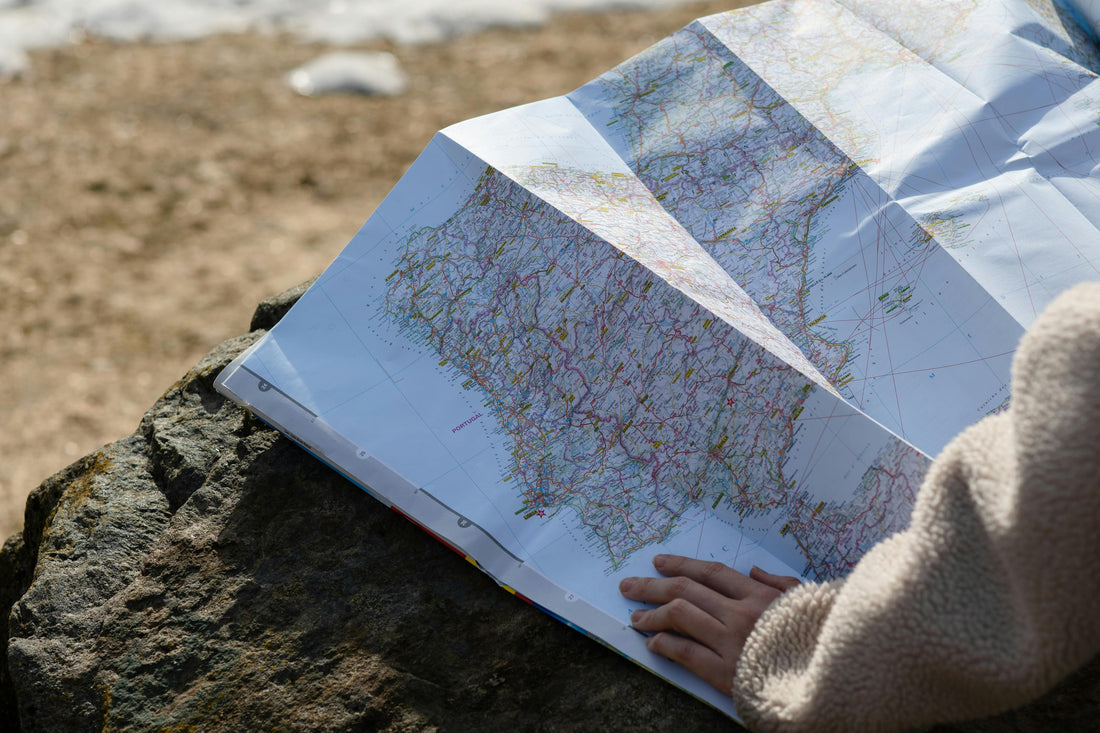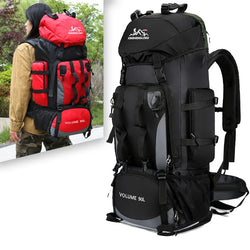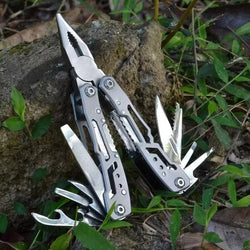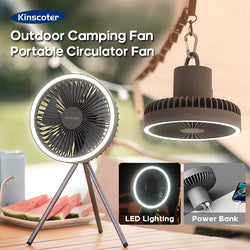Camping is an exciting way to connect with nature, but for first-timers, it can also come with unexpected challenges. Avoiding common mistakes will not only make your trip more enjoyable but also safer and less stressful. Here are the top five mistakes first-time campers often make—and how you can avoid them.
One of the biggest rookie mistakes is heading into the wilderness with brand-new gear that hasn’t been tested. From tents to cooking stoves, unfamiliar equipment can lead to frustration and even danger if it doesn’t work as expected.
How to Avoid This:
-
Set up your tent in your backyard or living room before your trip to ensure you know how it works.
-
Test your stove and other cooking equipment to make sure they’re functioning properly.
-
Check your sleeping bag for comfort and warmth.
Packing too much can weigh you down, while not packing enough can leave you without essentials. Striking the right balance is key.
How to Avoid This:
-
Create a packing checklist tailored to your destination and the weather.
-
Prioritize lightweight, multi-purpose gear to save space.
-
Don’t forget essentials like a first-aid kit, flashlight, and extra layers.
Underestimating the weather can quickly turn your camping trip into a disaster. Unexpected rain, cold nights, or heatwaves can ruin an otherwise great experience.
How to Avoid This:
-
Check the weather forecast for your destination before you go.
-
Pack for variable conditions, including rain gear and thermal clothing.
-
Be prepared for sudden changes, especially in mountainous or remote areas.
Where you set up camp can make or break your trip. A poorly chosen site can expose you to wind, flooding, or even wildlife.
How to Avoid This:
-
Look for flat, elevated ground away from water sources to avoid flooding.
-
Avoid setting up camp directly under trees with dead branches.
-
Research the area ahead of time to find designated camping spots with good reviews.
Leaving trash or disrupting the environment is not only harmful to nature but can also ruin the experience for future campers.
How to Avoid This:
-
Pack out all trash, including food scraps.
-
Use biodegradable soap and dispose of wastewater at least 200 feet away from water sources.
-
Stick to marked trails and designated camping areas.




